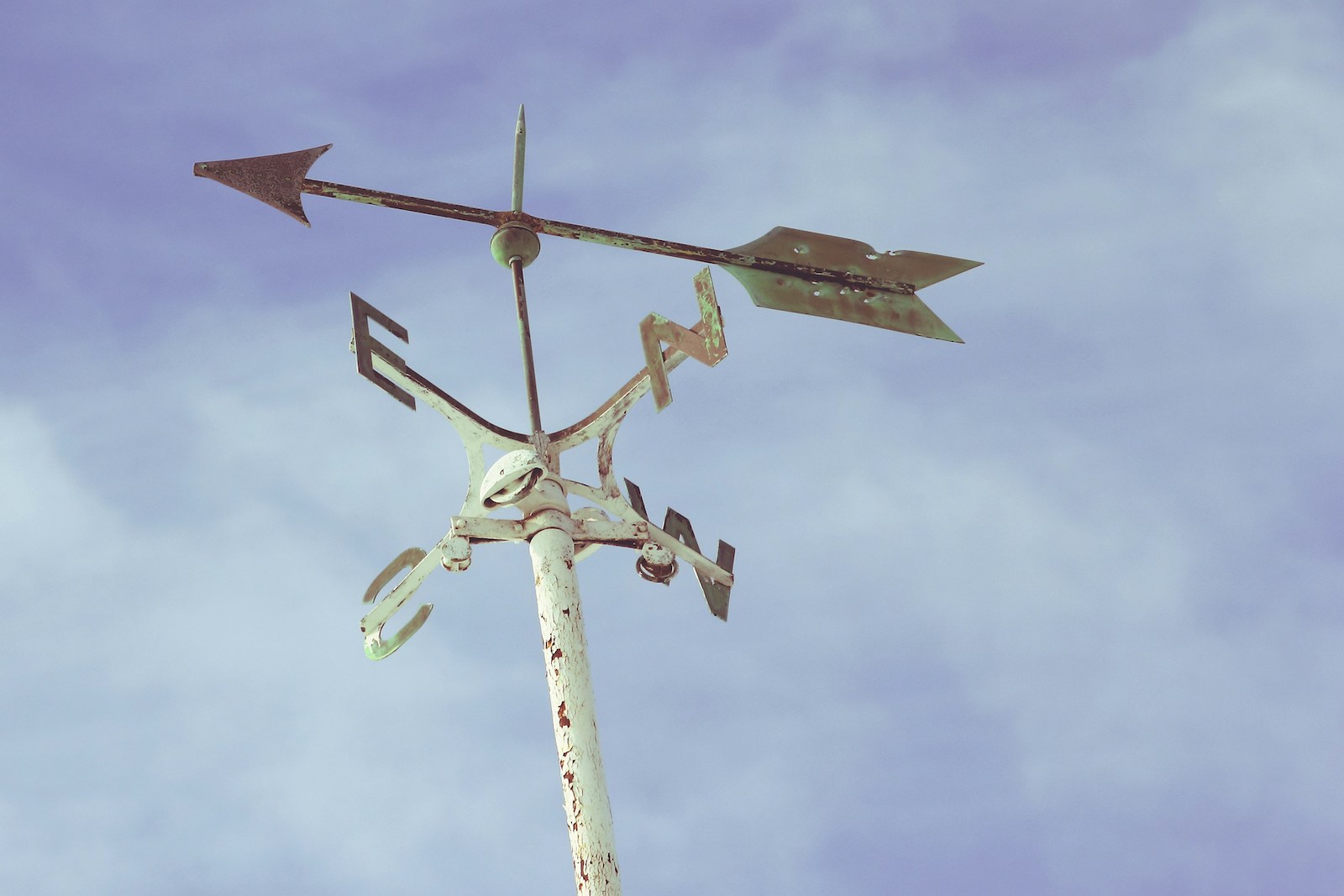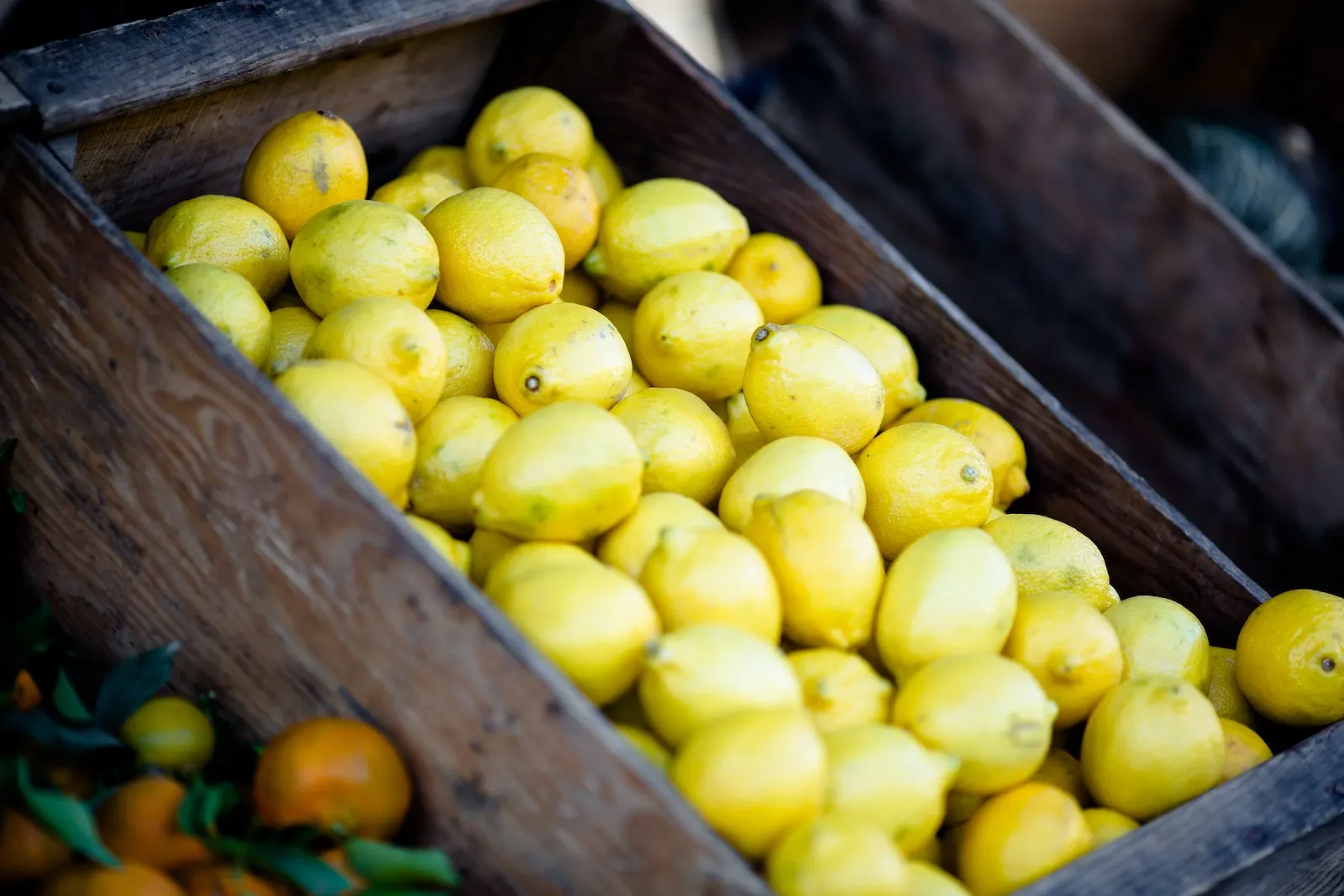Road and Track magazine (somewhat predictably) spiked this brilliant piece by Kate Wagner, who I know for more for her excellent website McMansion Hell than for her cycling coverage. In it, Wagner visits a Formula 1 race as a guest of INEOS and says it like she sees it:
“I think if you wanted to turn someone into a socialist you could do it in about an hour by taking them for a spin around the paddock of a Formula 1 race. … I saw $30,000 Birkin bags and $10,000 Off-White Nikes. I saw people with the kind of Rolexes that make strangers cry on Antiques Roadshow. I saw Ozempic-riddled influencers and fleshy, T-shirt-clad tech bros and people who still talked with Great Gatsby accents as they sweated profusely in Yves Saint Laurent under the unforgiving Texas sun. The kind of money I saw will haunt me forever. People clinked glasses of free champagne in outfits worth more than the market price of all the organs in my body. I stood there among them in a thrift-store blouse and shorts from Target.”





